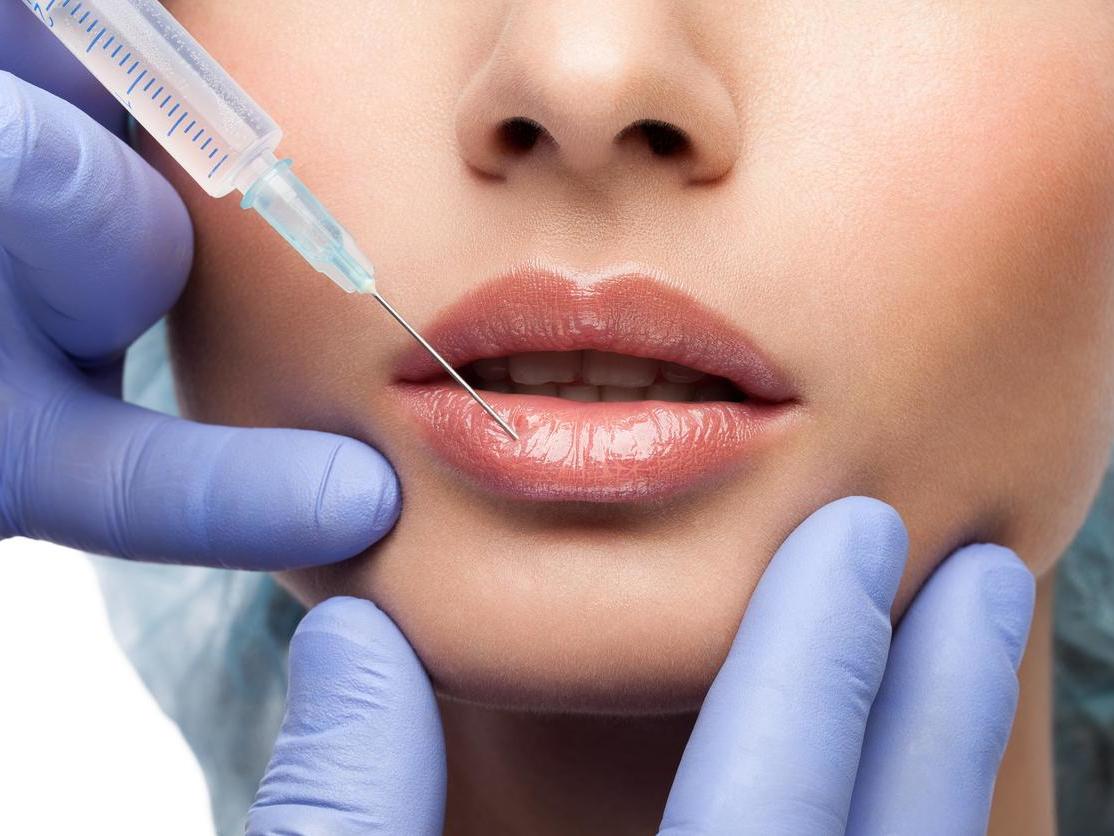'Irresponsible' lip filler advert banned for encouraging young girls to undergo cosmetic procedure
The Advertising Standards Authority criticised the advert for presenting fillers as 'normal and safe'

An advert for lip fillers has been banned for suggesting the cosmetic procedure is as "commonplace as getting your hair done".
The Advertising Standards Authority (ASA) launched an investigation into the “irresponsible” Royal Tunbridge Wells Skin Clinic (RTWSkin) advert in Index Magazine - which is distributed in Kent.
The advert depicted three young women looking at a magazine together alongside the caption: “We understand, it's concerning, but Dermal fillers are very quickly becoming as commonplace as getting your hair done these days and even more so within the younger age group.
”Is your daughter beginning to take an interest in LIP FILLERS? Recently, we have seen an increase in young girls visiting our clinic for procedures such as Dermal Filler."
The advert went on to describe how the clinic has seen an increase in young girls being brought in by their own mothers, suggesting it would be better to find “somewhere safe and suitable with experienced and accredited practitioners than simply telling them 'no'”.
The clinic said the advert was written by a 20-year-old member of staff – who had aware of concerns among her age group about treatments carried out by untrained and inexperienced therapists – and was later signed off by the company director.
The watchdog branded the advert “irresponsible” and found that it breached rules regarding children, responsible advertising, and harm and offence.
While the advert warned against going to unsuitable practitioners, the ASA said it “made no reference to the risks that would always be attached to lip filler treatment, wherever a customer went for it”.
“We considered that, by presenting lip fillers as normal and safe - if carried out at the right clinic - for young women and teenagers, and something that responsible parents should support, the ad was irresponsible,” a spokesperson for the ASA said.
“We told RTWSkin to ensure future ads did not present lip fillers as normal and safe for young women and teenagers and something that responsible parents should support.”
RTWSkin director John Sheffield defended the advert, claiming that “many” young people visited the clinic for a free consultation and advice on dermal filler procedures as a result of the ad.
“In the vast majority of cases, we were able to satisfy the person that they did not need this procedure. We marked that down as a success,” he told ITV News.
“We have received several commendations for our efforts to educate and were really quite shocked at the attitude and conclusions of the ASA.”
Jackie Doyle-Price, mental health minister, added: “No procedure is without risk. Anyone considering a cosmetic procedure needs to satisfy themselves that they understand those risks.

“I expect providers of cosmetic intervention to act responsibly when advertising and ensure they are screening consumers to identity whether there are any underlying mental health issues or unhealthy motivations driving them to seek cosmetic procedures.
“Children should not be having these procedures done let alone be targeted. If I have to take additional powers to protect children then I will.”
Join our commenting forum
Join thought-provoking conversations, follow other Independent readers and see their replies
Comments
Bookmark popover
Removed from bookmarks